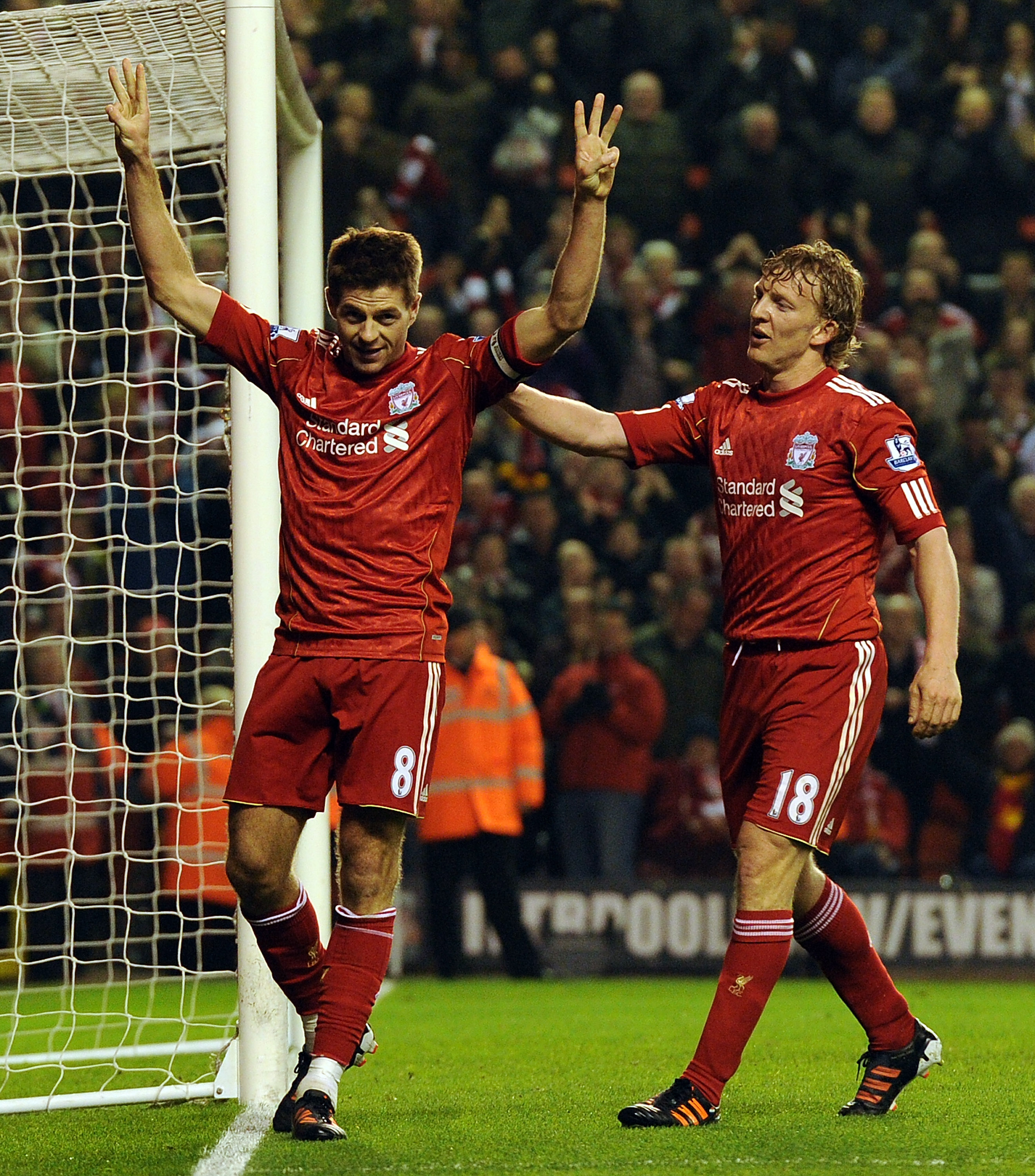Liverpool Is Looking for the Best
Nearly every managerial career fails. That’s how the job is supposed to be done, or at least how modern football tends to interpret it. Either you arrive and win, or you are thrown out. In addition, if you win, you better keep winning, or you will be eliminated. Modern English football has very few second acts, at least not at the same club. When Bill Shankly’s team lost to Watford in the FA Cup in 1970, he finally realized that his first great Liverpool team was over and needed to build another one.

Liverpool is aware that a period may be coming to an end. However, it may not be. Two seasons ago, Klopp guided Liverpool out of a similar predicament, and the team was just two games away from having their best season ever. However, everyone is now older, the ties have begun to fall apart, and Sadio Mané has left. Klopp himself exhibits signs of fatigue, snappiness, and strain on occasion. A managerial great run the risk of hanging on because so much trust is placed in his abilities: He has the potential to become the messiah once more.
However, personality cults pose a threat: the other elements contributing to a club’s success are obscured when a manager is blindly followed. Furthermore, managers are not always the same. In a late career, the tendency is to self-parody, attempting the most distinctive solution rather than pondering the best one.